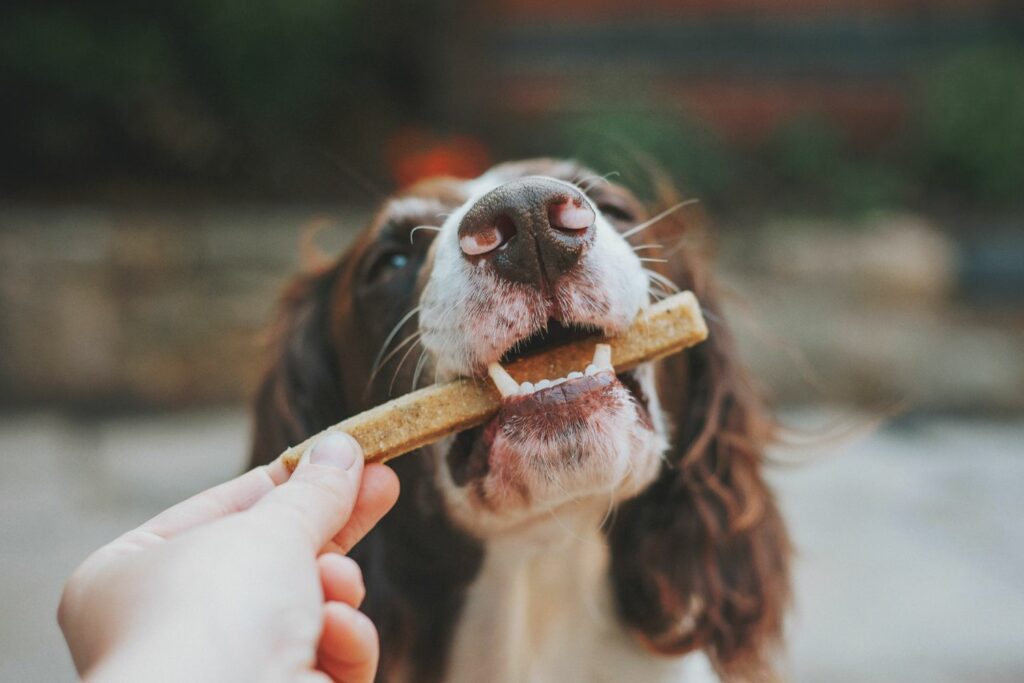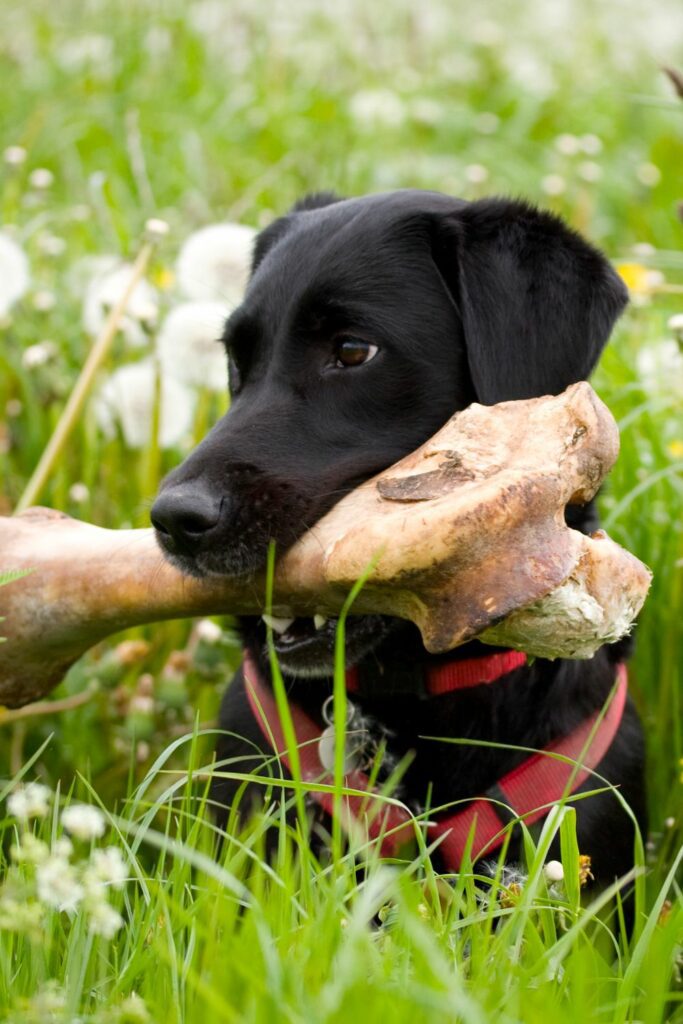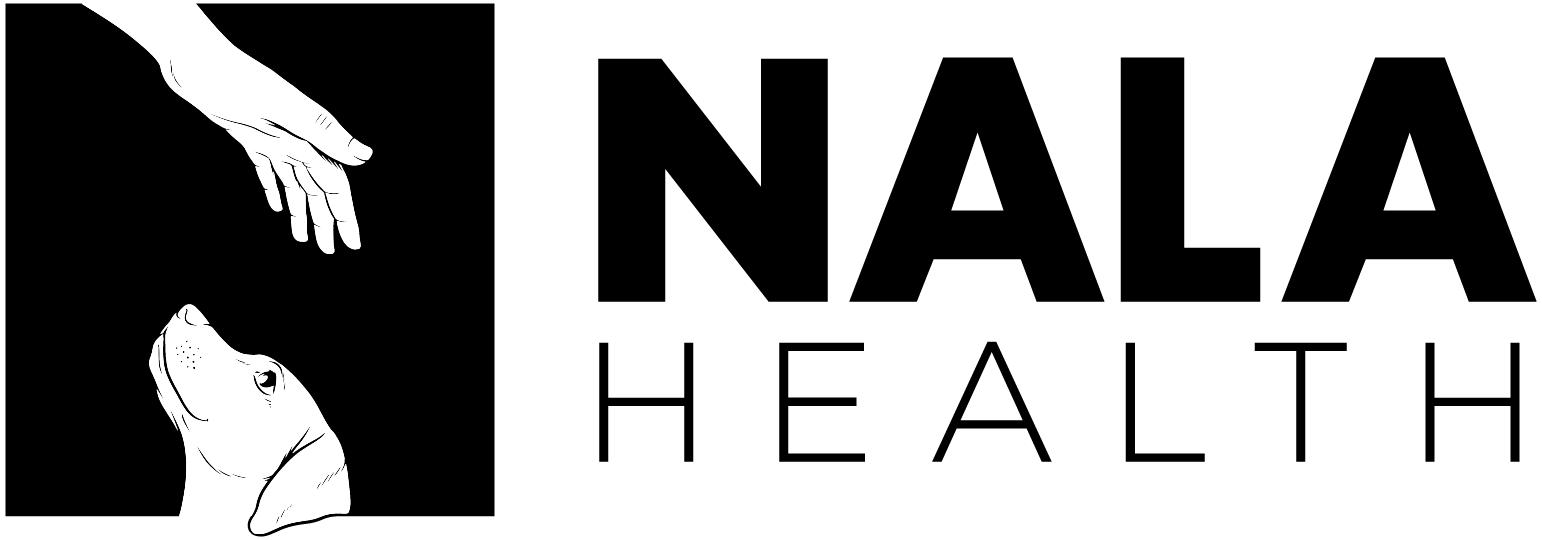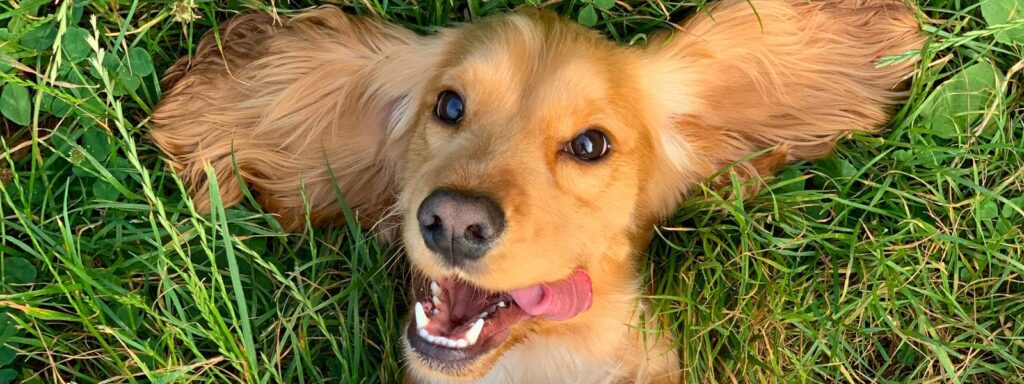How to care for your dog’s teeth
 Synne Hemsen Berg
Synne Hemsen Berg
Tooth and gum health impacts your dog’s overall health. Caring for your dog’s teeth on a daily basis will prevent the buildup of plaque, toothache and gum disease. Poorly cleaned teeth can lead to inflammation that spreads to the rest of your dog’s body causing serious health issues. Ensure you care for your dog’s teeth consistently from an early age to avoid pain, discomfort and an expensive veterinary bill.
It is never too late to start caring for your dog’s teeth, but if your dog has already developed an oral disease you need to seek treatment from a vet. Ideally, you should brush your dog’s teeth once a day and at the very least you should brush them twice a week. Start early to desensitize your dog to brush her teeth.
Get to know your dog’s teeth and mouth
Get to know your dog’s teeth and what her mouth cavity normally looks and smells like. An adult dog has 42 teeth, that should be white and without excessive plaque. The gums should be light pink and they should not bleed. Note that some dog breeds have darker gums and/or dark spots, such as Chow Chow dogs.
Improper dental care, unfortunately, leads to about 80% of dogs over 3 years showing signs of diseases of the oral cavity. Gum disease is sadly very common, and tartar (plaque) is the biggest cause. Tartar is made from bacteria that produce plaque on the tooth surface. This layer gradually forms a hard mineralized layer on your dog’s teeth that is difficult to remove. The bacteria can eventually enter the gums and cause inflammation. Bacterial infections in the mouth can spread into the bloodstream and lead to infection of the heart, kidneys, liver, or lungs.

Brushing your dog’s teeth is the best way to maintain good oral hygiene paired with regular dental checkups at your vet. This may be a stressful situation if your dog is not used to it. To get your dog desensitized you can start by using your fingers with a small amount of dog-friendly toothpaste and gently use this as a “toothbrush”. It is important to note that human toothpaste often contains ingredients that are toxic to dogs so only use toothpaste formulated for dogs. Brushing your dog’s teeth should be a pleasant experience, without compulsion – so be patient!
Brushing your dog’s teeth
When you start brushing with a toothbrush use calm motions to lightly brush from the gums down over the teeth. Be mindful not to brush upwards as this can cause the gums to recede over time. Feel free to ask the vet your show you the technique. We recommend that you use a soft baby toothbrush or a toothbrush specially made for dogs that is small enough to comfortably manoeuvre in your dog’s mouth.
If your dog is not comfortable with brushing their teeth with a toothbrush you can try using a clean cloth instead. Wrap the cloth over your finger and apply dog-friendly toothpaste. Proceed to carefully rubb your dog’s teeth from the gums down. Watch your fingers as your dog may chew on them as it is an unusual experience. The key is to be patient. In the beginning, you may not be able to brush all the teeth but over time your dog will become more used to the experience and you will be able to do a more thorough clean.

Food for healthy teeth
The type of dog food you feed your dog has an impact on the plaque buildup on your dog’s teeth. Wet dog food provides no polishing effect on the teeth and will therefore contribute to more plaque formation compared to dry foods. Foods with a high content of carbohydrates can also contribute to more plaque formation.
To reduce plaque and promote healthy teeth you can give your dog treats that are good for their teeth. Crunchy vegetables and fruits like carrots and apples provide some polishing effect on the teeth to help reduce the build-up of plaque. Chewy treats designed for oral and dental health are also a good addition.
Plain and unsweetened yogurt is excellent for your dog’s oral health. The good bacteria in the yogurt promotes the growth of more good bacteria in the mouth reducing the amount of bad bacteria. The calcium and protein in the yogurt also promote strong teeth. A tablespoon of unsweetened yogurt a few times a week is can therefore be a good way to promote healthy teeth and gums.
Dietary supplements can also be useful, such as vitamin C. Dogs produce vitamin C themselves, but a little extra vitamin C in low doses per day may provide preventative care. Other supplements such as Q10 and zinc also aid good oral health. Always consult your vet before giving your dogs supplements.

Bones for dental health
Marrow bones (raw) are recommended by some to keep dog teeth free of plaque. The most suited part of the bone is the thick bone shaft as it is less likely to splinter and cause damage to gums and the digestive tract. Bones can cause constipation and vomiting if over-eaten. Additionally, eating too many bones can be counterproductive and damage the teeth. It is therefore recommended that bones are given to your dog in moderation and under supervision.
Dogs should NEVER be given chicken bones, as this can splinter in the digestive tract and cause a lot of damage. Our dog, Nala, broke a molar after an unfortunate encounter with a bone. We noticed that she began to eat less and she seemed hot and uncomfortable. When inspecting her mouth I discovered a crack in one of her molars. She was put under general anaesthesia and the tooth was removed.
Signs your dog has a dental/oral issue
Dogs are good at hiding their pain and discomfort and can go a long time with toothache without us noticing this in their behavior. It is therefore important to inspect the teeth and gums for abnormalities and signs of infection. Here are some signs to look for:
- yellow/brown tartar/discoloration along the gums
- red, swollen and possibly bleeding gums
- bad breath
- problems with eating, and possibly pronounced drooling
- depression, irritability, aggression
- poor general condition
Caring for your dog’s teeth will benefit your dog’s overall health and should be part of your daily grooming routine. A combination of food and treats that promote good oral health will help promote healthy gums and teeth. Preventative care is better than reactive care. Therefore, make this a routine to avoid future aches and pains for your dog.

